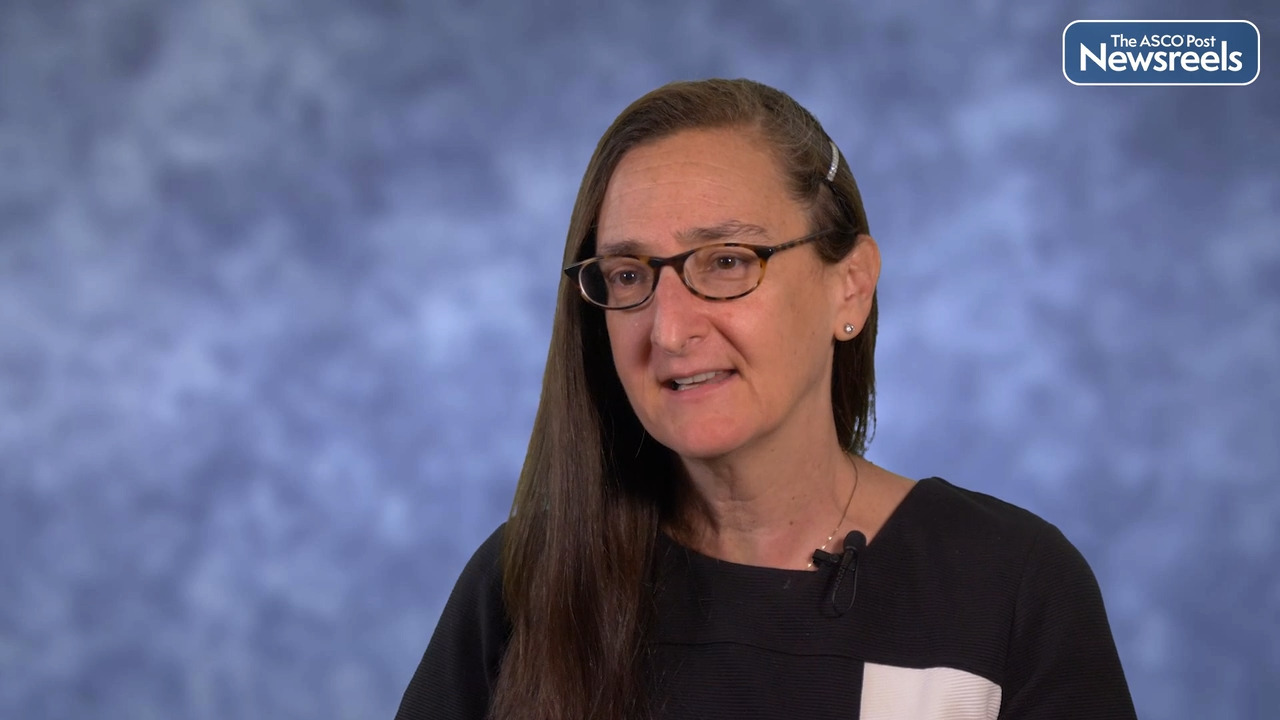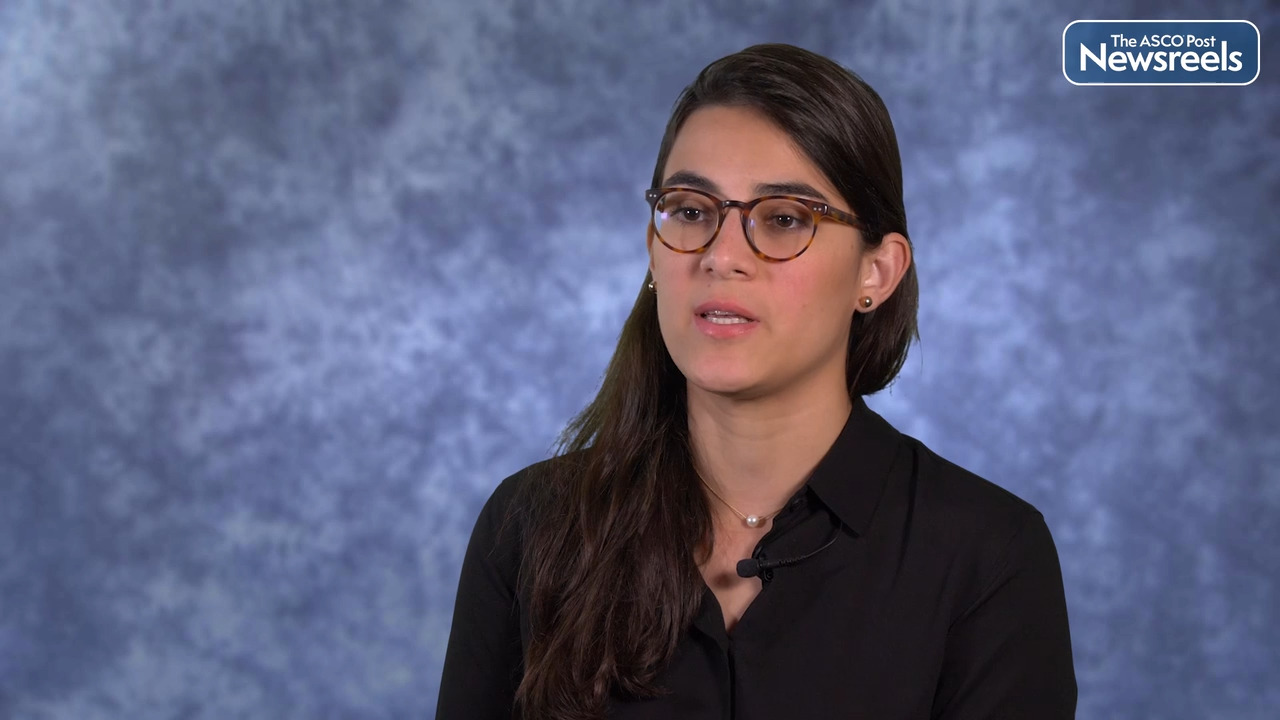Transcript
Disclaimer: This video transcript has not been proofread or edited and may contain errors.
Medicaid Expansion has been associated with increased early and localized stage cancer diagnoses, as well as improved overall survival. However, it's not clear what's driving those changes in survival. Is it simply due to earlier detection and improved prognosis, or is it related to increased access to timely and quality treatment? Additionally, there are limited data assessing population-level changes in cancer mortality rates in connection with the Medicaid expansions. Our objectives were to determine whether there were changes in population-level cancer mortality rates associated with Medicaid expansion and to determine the extent that distance-stage cancer incidence rates might affect those changes in cancer mortality rates. We collected cancer incidents and cancer mortality rate data from all 50 states in Washington DC from 2001 to 2019 for the 20 to 64-year-old population. We conducted quasi-experimental analyses, evaluating changes in distant-stage cancer incidents and cancer mortality rates over time, and compared the changes differentially by state Medicaid expansion status.
We then conducted mediation analyses to quantify the extent that distant-stage cancer incidents mediates changes in expansion-associated cancer mortality rates. For all cancer sites combined, we found that Medicaid expansion was associated with decreased distance-stage cancer incidence rates and decreased cancer mortality rates. A distant-stage cancer incidents was an important mediator. Distant-stage cancer incidence rates mediated 12% of the expansion-associated changes in cancer mortality rates. By racial subgroup, we found that for the white population, the association's largely held, though the role of distant-stage cancer incidence rates was more pronounced. Distant-stage cancer diagnoses mediated 75% of the expansion-associated changes in cancer mortality rates for the white population. However, for the black population, there were minimal Medicaid expansion-associated changes in distant-stage cancer incidence rates and cancer mortality rates. Our data showing improvements in distant-stage cancer incidence rates and cancer mortality rates in connection with Medicaid expansion are largely consistent with prior reports showing the potential benefits of Medicaid expansion on outcomes for patients with cancer.
However, these are the first to demonstrate a statistically significant change in population-level cancer mortality rates in connection with the expansions. They're also the first to quantitatively assess potential drivers in the changes in cancer outcomes connected with Medicaid expansion. Our data do raise potential concerns that providing insurance coverage alone, Medicaid coverage, may not be sufficient to improve outcomes for some populations, specifically the black population. We feel that there will likely be additional interventions needed to fully address structural barriers to care to start improving outcomes for some patients.
Our data largely support the proposed causal mechanism that Medicaid expansion through improved access to care can lead to fewer distant-stage cancer diagnoses, essentially causing a shift in stage diagnosis, ultimately leading to fewer cancer deaths. Where do we go from here? To date, 38 states, plus Washington, DC, have expanded Medicaid. I would love to see additional states take action. In fact, there are currently a couple states considering potential Medicaid expansion measures. I think it's important for each of us, clinicians, researchers, advocates, patients, to promote policies that improve access to care for patients with cancer, as well as exercise our democratic right to vote, both for those policies as well as for representatives that uphold and support such policies.





